Jensen Huang just issued a big update on Nvidia's Blackwell chip flaws
The issue affecting Nvidia Blackwell GPUs was fixed months ago, and now Huang has quashed rumors the incident has strained its 30-year relationship with TMSC

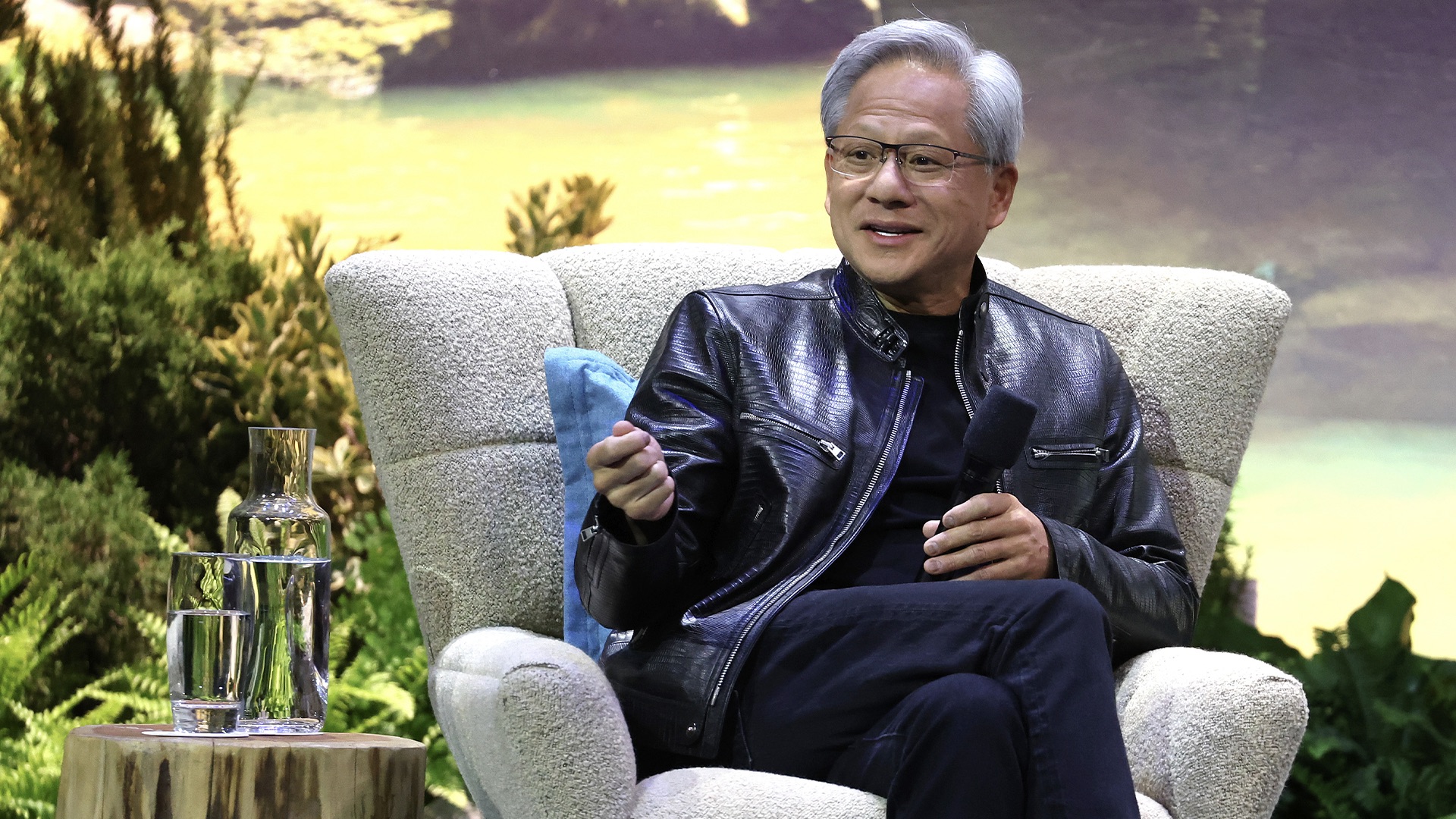
Nvidia CEO Jensen Huang has confirmed that a design flaw that was impacting the expected yields from its Blackwell AI GPUs has been addressed.
Huang clarified that the issue was the result of Nvidia’s design, and not its fabricating partner TSMC, with mass production of the Blackwell B100 and B200 GPUs expected to resume later this month, according to Reuters.
In a conference call in August, Huang revealed Nvidia had modified the design of the Blackwell chips to improve yield, with rumors soon swirling that the incident had caused tension between the company and TMSC.
Speaking at Nvidia’s AI Summit in Mumbai, Huang shed some light on the issue, clarifying that it was the sole result of an Nvidia error, and TSMC was in no way responsible for any production delays.
"We had a design flaw in Blackwell ... It was functional, but the design flaw caused the yield to be low. It was 100% Nvidia's fault,” Huang stated.
Huang pushed back on suggestions that two companies' relationship had become strained, adding that TSMC was instrumental in assisting Nvidia recover from the interruption and get units back in production as soon as possible.
"In order to make a Blackwell computer work, seven different types of chips were designed from scratch and had to be ramped into production at the same time,"he explained
Sign up today and you will receive a free copy of our Future Focus 2025 report - the leading guidance on AI, cybersecurity and other IT challenges as per 700+ senior executives
"What TSMC did, was to help us recover from that yield difficulty and resume the manufacturing of Blackwell at an incredible pace."
Huang labels claims of bad blood with TSMC ‘fake news’
After initial reports of the design flaw emerged, some outlets claimed the issue and resulting delays to production may have soured its longstanding relationship with TSMC.
Some outlets suggested the fault was associated with the packaging technology onboard the Blackwell chips, namely TSMC’s CoWoS platform.
According to some reports, the two companies were in deadlock over who was responsible for the fault, blaming each other for the performance issues and potentially jeopardizing the pair’s 30-year relationship.
TSMC has been central in Nvidia’s rise to become the preeminent chipmaker of the AI era, with Huang himself remarking that “without TSMC, there would be no Nvidia today”.
RELATED WHITEPAPER

Huang labeled any claims of ill will between the two firms as ‘fake news’.
Speaking at a recent Goldman Sachs conference, the Nvidia CEO announced the Blackwell GPUs will enter mass production in the fourth quarter (late October), and are expected to start shipping in early 2025.
However, Nvidia disclosed that it would have to ship some of the low-yield units in 2024 to satisfy surging demand for the Blackwell GPUs, specialized for AI workloads.

Solomon Klappholz is a former staff writer for ITPro and ChannelPro. He has experience writing about the technologies that facilitate industrial manufacturing, which led to him developing a particular interest in cybersecurity, IT regulation, industrial infrastructure applications, and machine learning.
-
 AWS just quietly increased EC2 Capacity Block prices – here's what you need to know
AWS just quietly increased EC2 Capacity Block prices – here's what you need to knowNews The AWS price increases mean booking GPU capacity in advance just got more expensive
-
 Accenture acquires Faculty, poaches CEO in bid to drive client AI adoption
Accenture acquires Faculty, poaches CEO in bid to drive client AI adoptionNews The Faculty acquisition will help Accenture streamline AI adoption processes
-
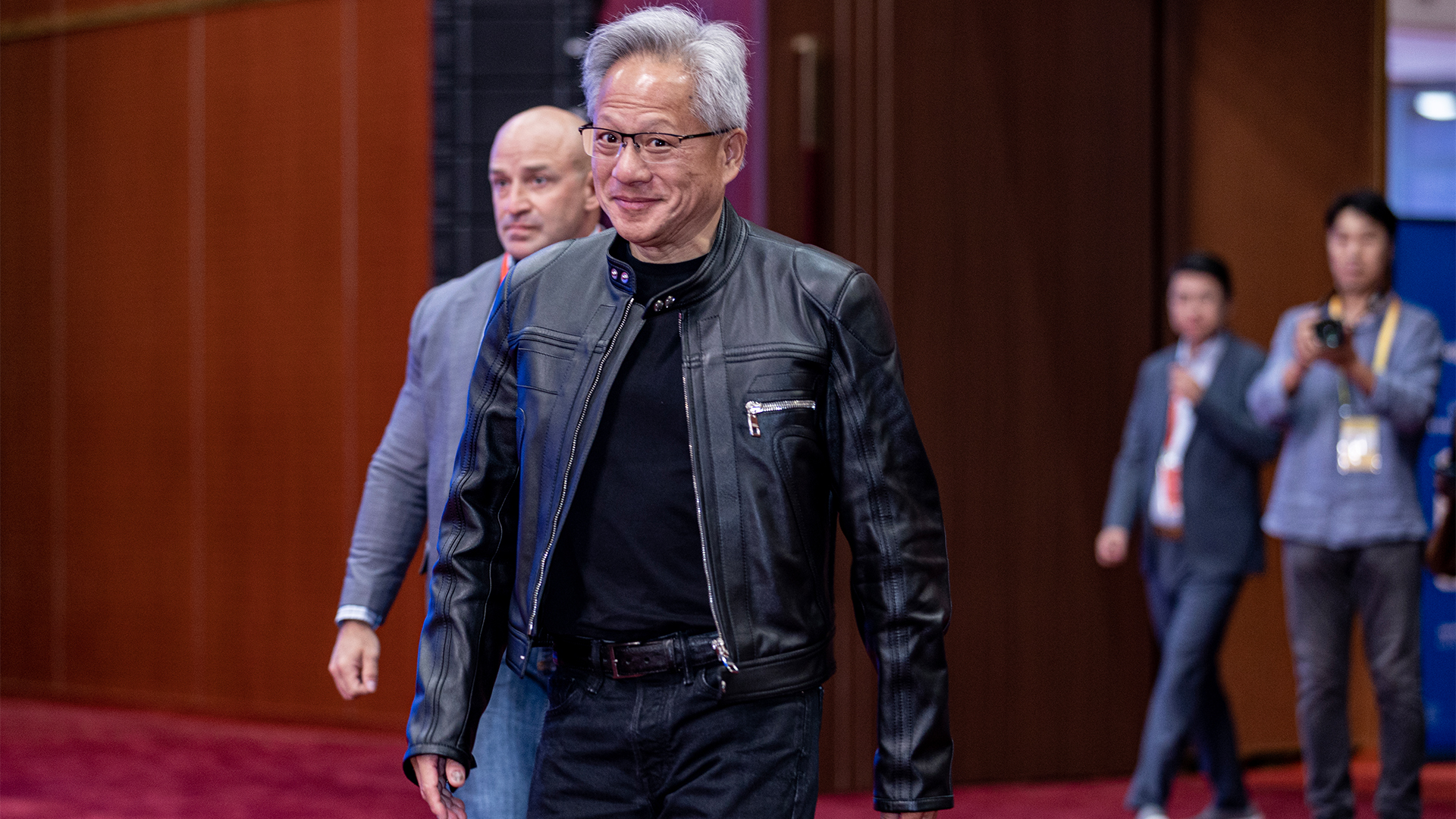 Nvidia’s Intel investment just gave it the perfect inroad to lucrative new markets
Nvidia’s Intel investment just gave it the perfect inroad to lucrative new marketsNews Nvidia looks set to branch out into lucrative new markets following its $5 billion investment in Intel.
-
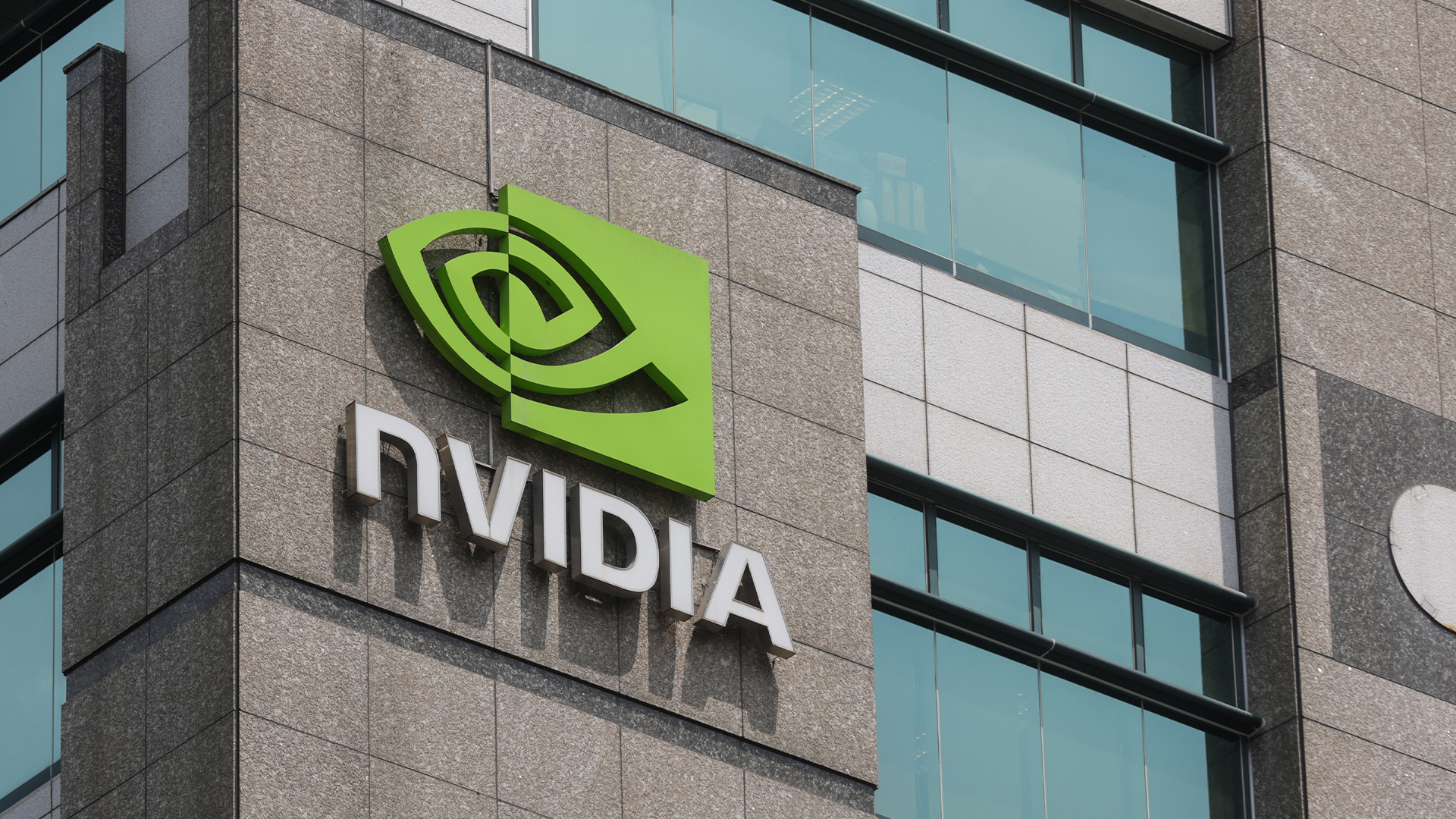 Nvidia hails ‘another leap in the frontier of AI computing’ with Rubin GPU launch
Nvidia hails ‘another leap in the frontier of AI computing’ with Rubin GPU launchNews Set for general release in 2026, Rubin is here to solve the challenge of AI inference at scale
-
 Nvidia braces for a $5.5 billion hit as tariffs reach the semiconductor industry
Nvidia braces for a $5.5 billion hit as tariffs reach the semiconductor industryNews The chipmaker says its H20 chips need a special license as its share price plummets
-
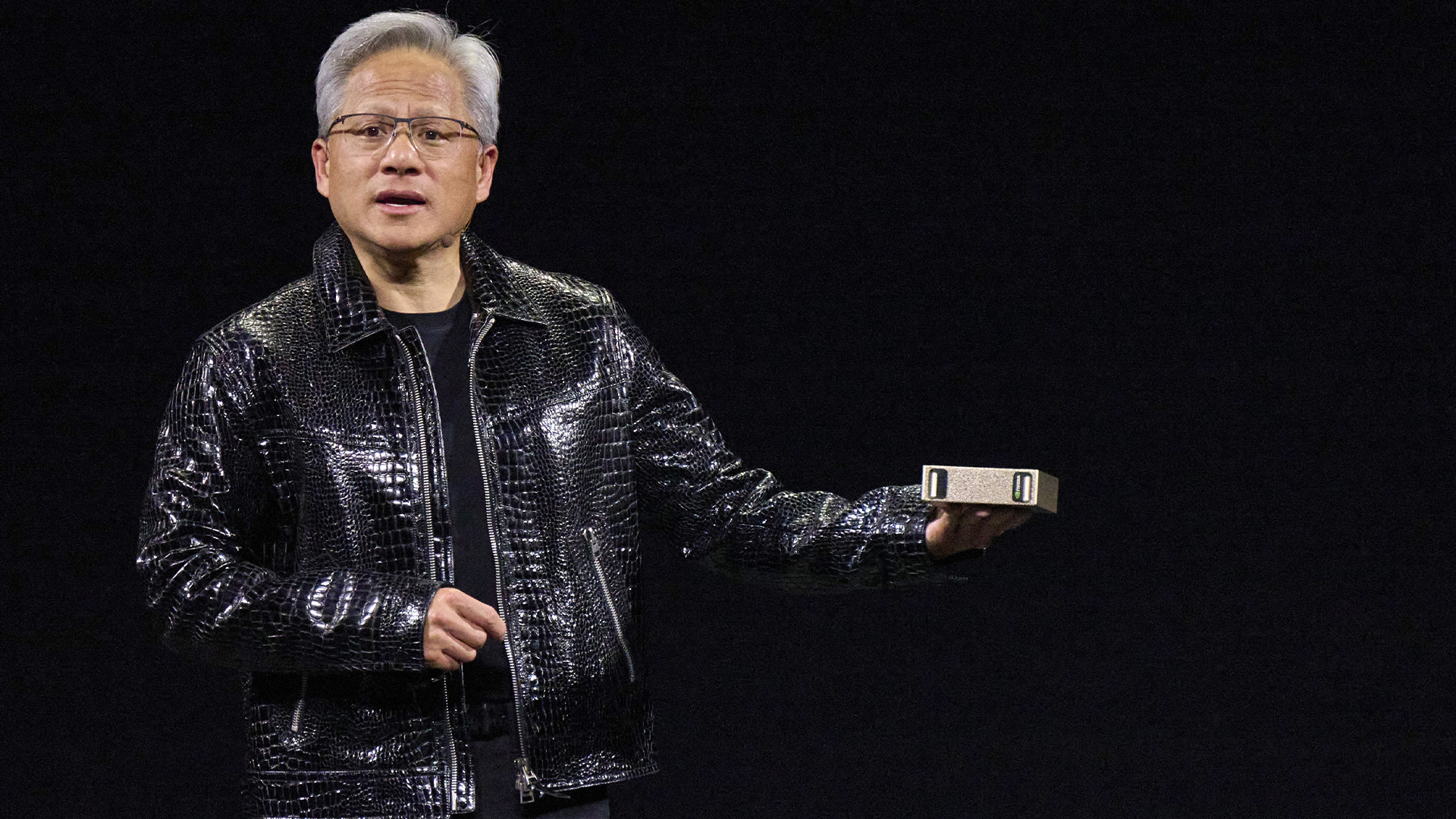 “The Grace Blackwell Superchip comes to millions of developers”: Nvidia's new 'Project Digits' mini PC is an AI developer's dream – but it'll set you back $3,000 a piece to get your hands on one
“The Grace Blackwell Superchip comes to millions of developers”: Nvidia's new 'Project Digits' mini PC is an AI developer's dream – but it'll set you back $3,000 a piece to get your hands on oneNews Nvidia unveiled the launch of a new mini PC, dubbed 'Project Digits', aimed specifically at AI developers during CES 2025.
-
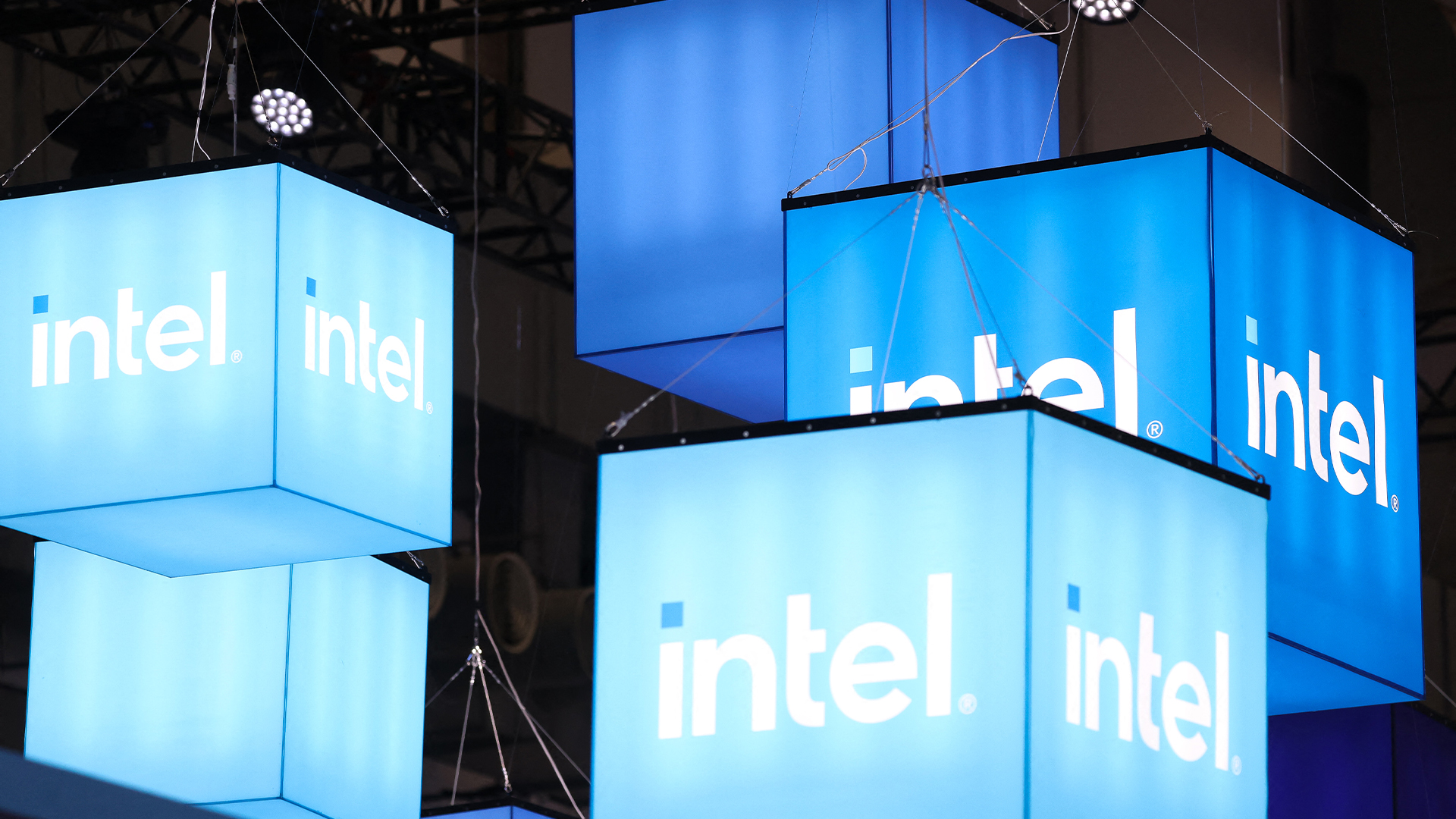 Intel just won a 15-year legal battle against EU
Intel just won a 15-year legal battle against EUNews Ruled to have engaged in anti-competitive practices back in 2009, Intel has finally succeeded in overturning a record fine
-
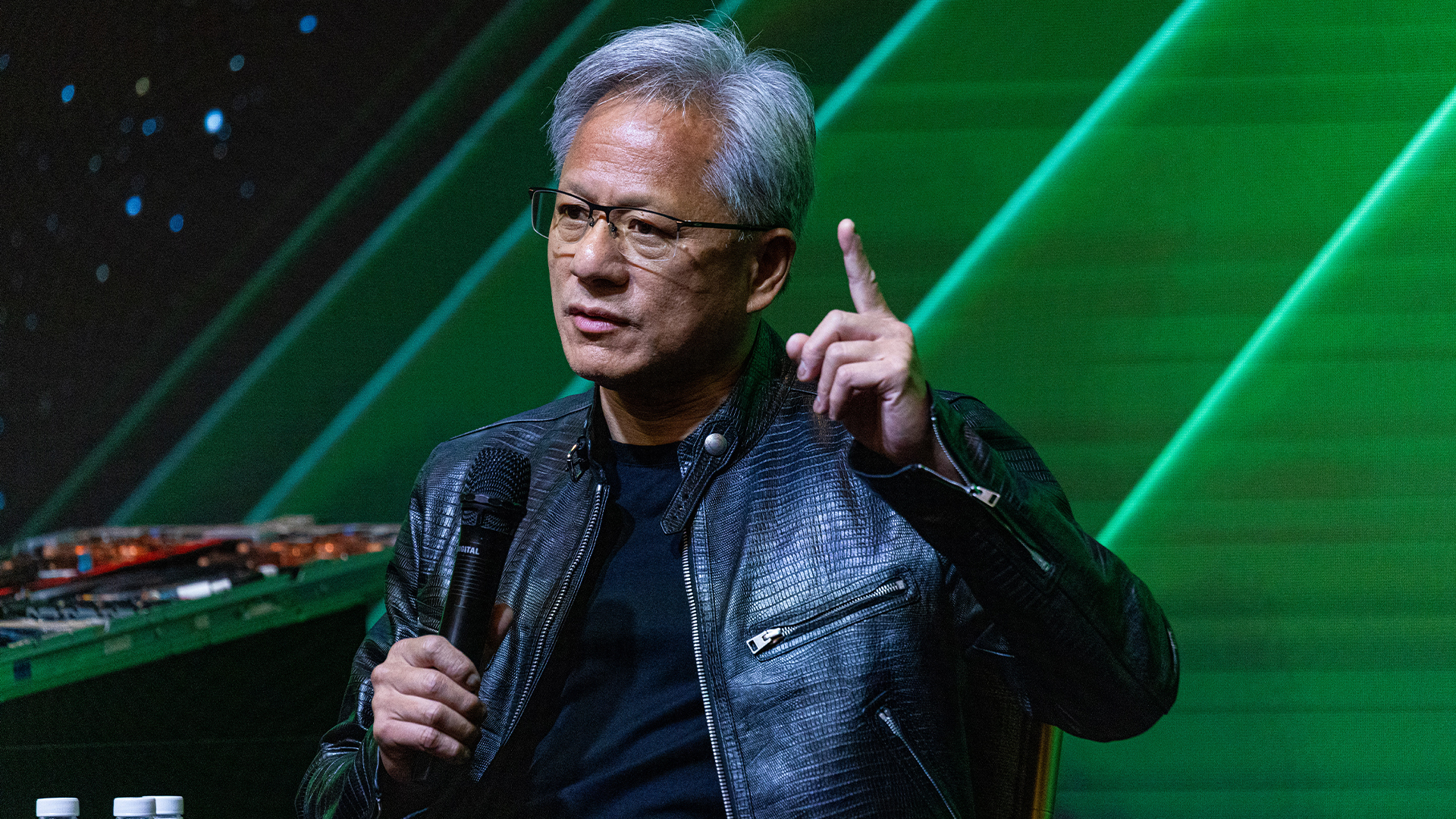 How Nvidia took the world by storm
How Nvidia took the world by stormAnalysis Riding the AI wave has turned Nvidia into a technology industry behemoth
-
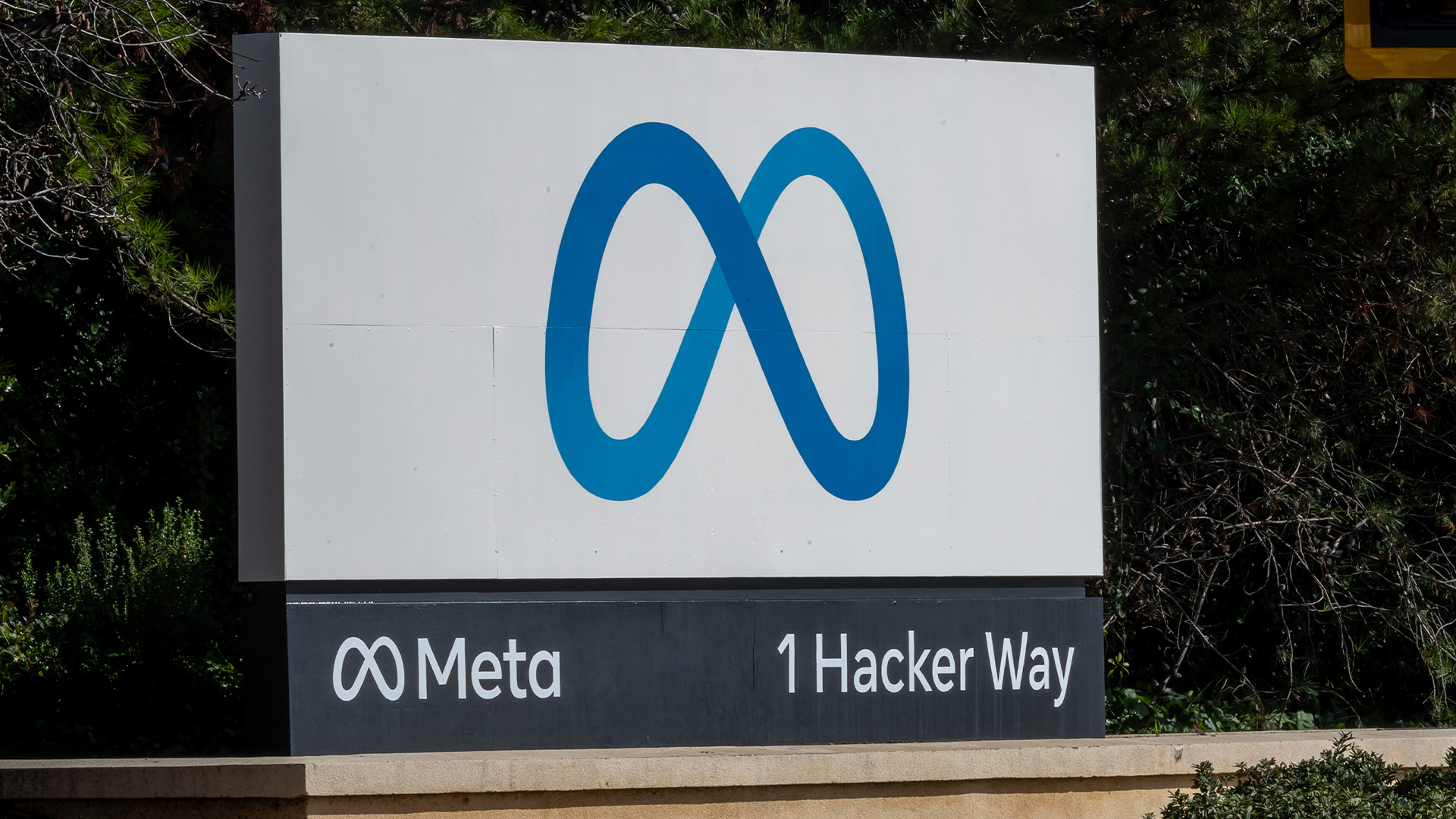 Meta unveils two new GPU clusters used to train its Llama 3 AI model — and it plans to acquire an extra 350,000 Nvidia H100 GPUs by the end of 2024 to meet development goals
Meta unveils two new GPU clusters used to train its Llama 3 AI model — and it plans to acquire an extra 350,000 Nvidia H100 GPUs by the end of 2024 to meet development goalsNews Meta is expanding its GPU infrastructure with the help of Nvidia in a bid to accelerate development of its Llama 3 large language model
-
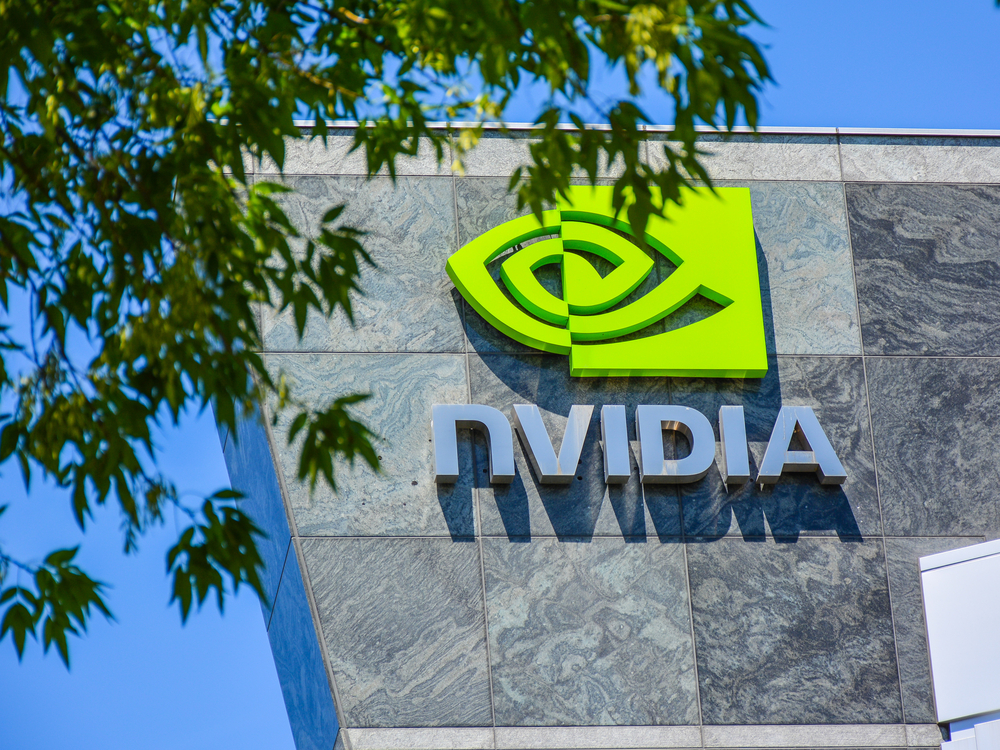 TD Synnex buoyed by UK distribution deal with Nvidia
TD Synnex buoyed by UK distribution deal with NvidiaNews New distribution agreement covers the full range of Nvidia enterprise software and accelerated computing products